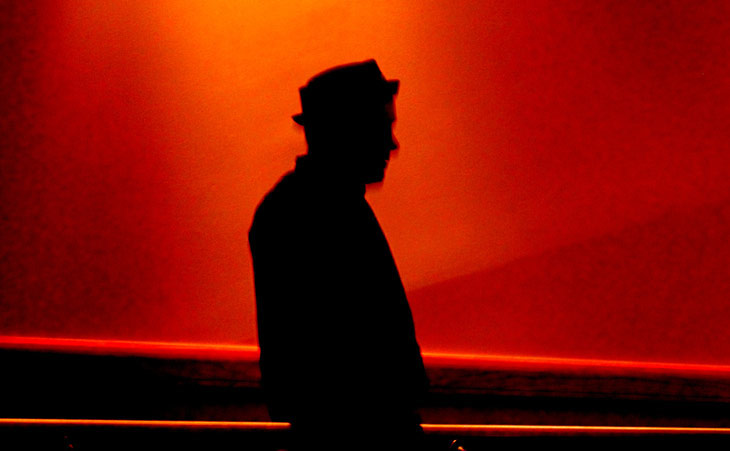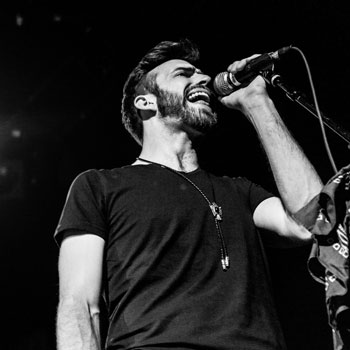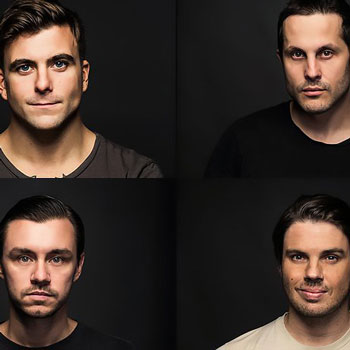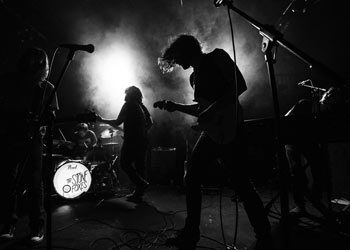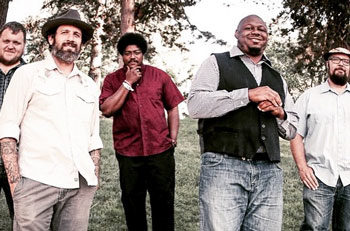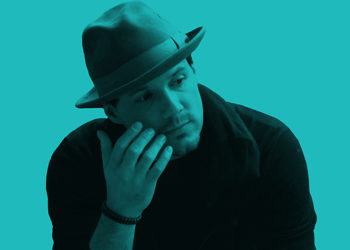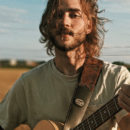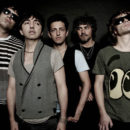7 Questions with Rick Moody
Rick Moody was born in New York City, raised in the suburbs of Connecticut and published his first book, Garden State, in 1992. A dozen works of fiction, non-fiction, and satire followed, garnering both the highest literary praise and the lowest verbal scourge. While the New Yorker hailed him as one of "America's most talented young writers for the 21st Century,” The New Republic called him “the worst writer of his generation.” In mainstream America, he is perhaps best known for his book The Ice Storm, which was made into a feature film of the same title.
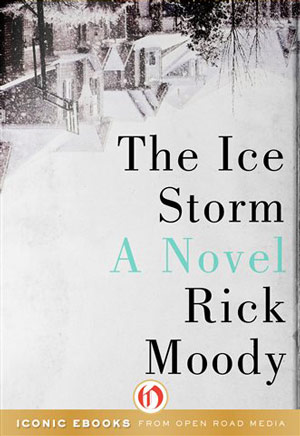 What role has music played in your career as a writer?
What role has music played in your career as a writer?
I’m always thinking about novels with my ears instead of my eyes. I’ve often listened to music while I’ve written, figuring out what kind of music is appropriate to the material and why it’s appropriate. Does it help me write the words? Do the words become something that’s engendered by the emotion of the particular cast of certain kinds of songs? I’ve felt the task of being a writer is about rhythm and ideas of melody.
How did you choose what music to listen to while writing The Ice Storm, which is set in the early ‘70s?
I had this obsessive idea about the practice of my craft which involved not consuming or listening or reading anything that was not made in 1973. I had a big stack of books like I’m OK, You’re OK, and Gravity’s Rainbow, and I would only let myself listen to the music during the time in which the novel was set. I wanted to know the Top 40. I thought if I only listened to 1973, somehow it would become easier to write about 1973. I now think that’s sort of obsessive and unnecessary. What’s really important is the emotion of music, not its specific cultural history. My tactic nowadays is I care how moving the music is.
What were you listening to when you wrote your first book, Garden State?
It’s about post-industrial New Jersey. I was incredibly infatuated with punk rock and hardcore. So this idea that I was writing about post-industrial New Jersey is amusing because it was absolutely generated by what I was listening to at the time. And the two things were mutually dependent on one another.
Literature and music are cut out of the same common material. Initially, storytelling was a thing that happened in speech. It was a sonic experience. When Homer got up to declaim The Odyssey, it had a sound to it.
What about Purple America ?
I had always been a pop song kid, an AM radio kid. So when I embarked on my third novel, “Purple America,” I was beginning to listen to very different things. I became completely obsessed that with two records: Astral Weeks, by Van Morrison and the record that I have, on occasion, argued is the best record ever made: Blood on The Tracks, by Bob Dylan. Both of these albums are about melodies that spontaneously appear over certain kinds of chord sequences. There’s no compositional song craft in Blood on The Tracks. There’s a man who’s written totally wrenching lyrics about a failed love affair, and a bunch of guys playing guitar. Then he just opens his mouth and he starts to sing. The melody is spontaneously generated. That just had a real effect on what I was trying to do with these longer lines.
Your memoir, The Black Veil?
Instantaneity and improvisation began to creep in to what I was doing. When I started The Black Veil, it purposely had no structure, no definitive narrative, and was made completely out of improvised approaches to particular chapters. There was even a point when I sort of threw all the chapters up in the air and reordered them at random and made that the structure of the book. And as would be the case once you do that, you have no choice but to start to listen to jazz.
What served as your soundtrack while writing the most recent novels—The Diviners (2005), The Four Fingers of Death (2010), and Hotels of North America (2015) ?
I began to listen only to heavily abstract things. In a way lyrics have become distracting to me, so I like instrumental music, things that are flavors in the landscape. It’s more about sound than it is about music. And that became the way to approach my novels at the same time. I listened to Sun Ra, and Don Cherry, Ornette Coleman, John Cage, and William Basinski.
Brian Eno makes these pieces out of little snippets of melody that are allowed to free-float against one another. There’s no idea of the time signature or a particular rhythm. Sort of machines generating little bits and they sort of collide with each other and make rhythmic relationships between one another, as they will. I started really wanting to get to that place myself where ideas in prose would generate meaning based on adjacency instead of having to have this controlling plot that was manipulating the reader and leading the reader in a particular direction. I wanted the reader to be able to be a co-creator, and to create ideas and implications for him or herself.
You have also been involved in musical collaboration with your group the Wingdale Community Singers, Brooklyn indie bands One Ring Zero, and Cuddle Magic, and recently had your text Astrophysical Mass adapted into a piece for chamber orchestra. How does the art of creating music translate to the art of the written word?
Literature and music are cut out of the same common material. Initially, storytelling was a thing that happened in speech. It was a sonic experience. When Homer got up to declaim The Odyssey, it had a sound to it. Collaborating (musically) with other people is part of the process of being in the world. For me, the listening required to play music with other people—that’s the kind of attention I want to bring to the line, to the paragraph.

